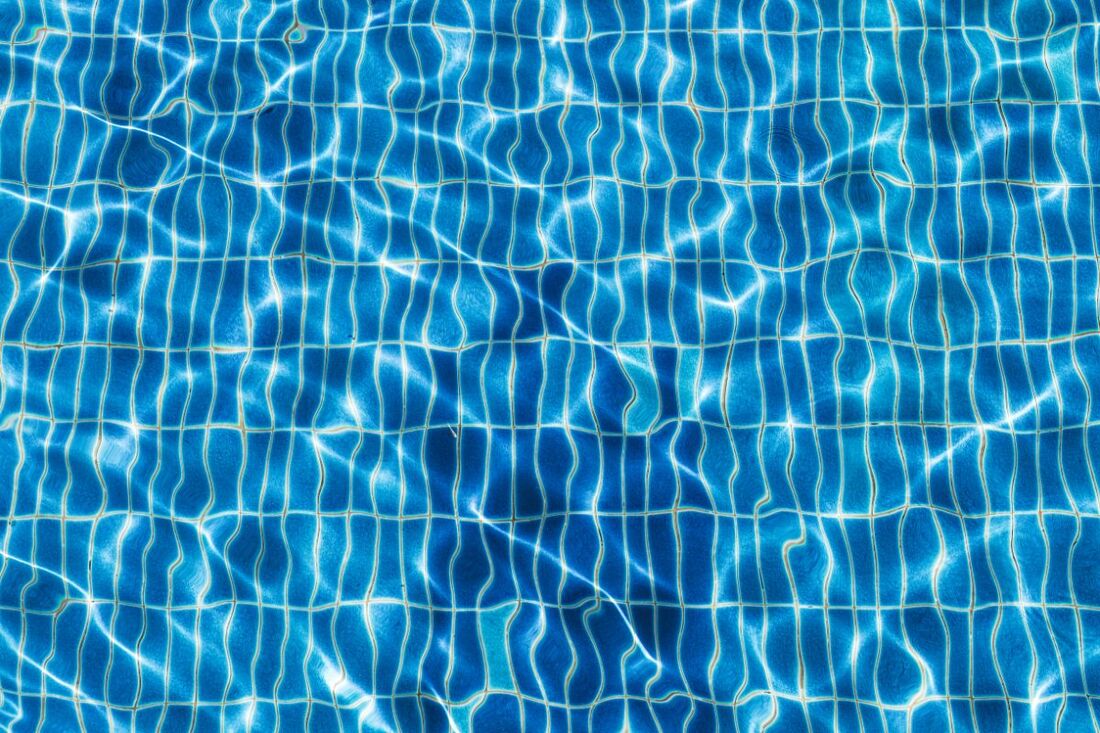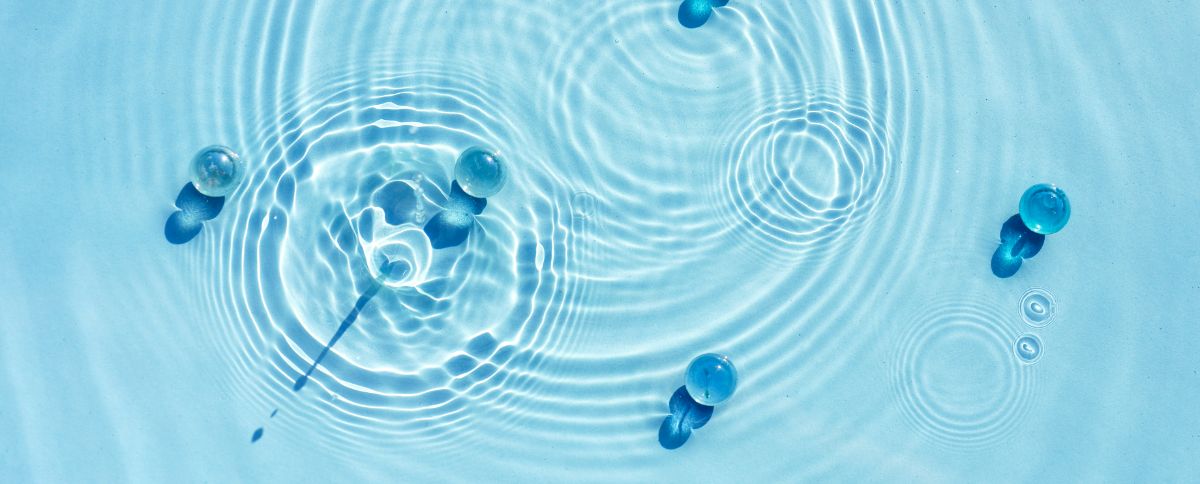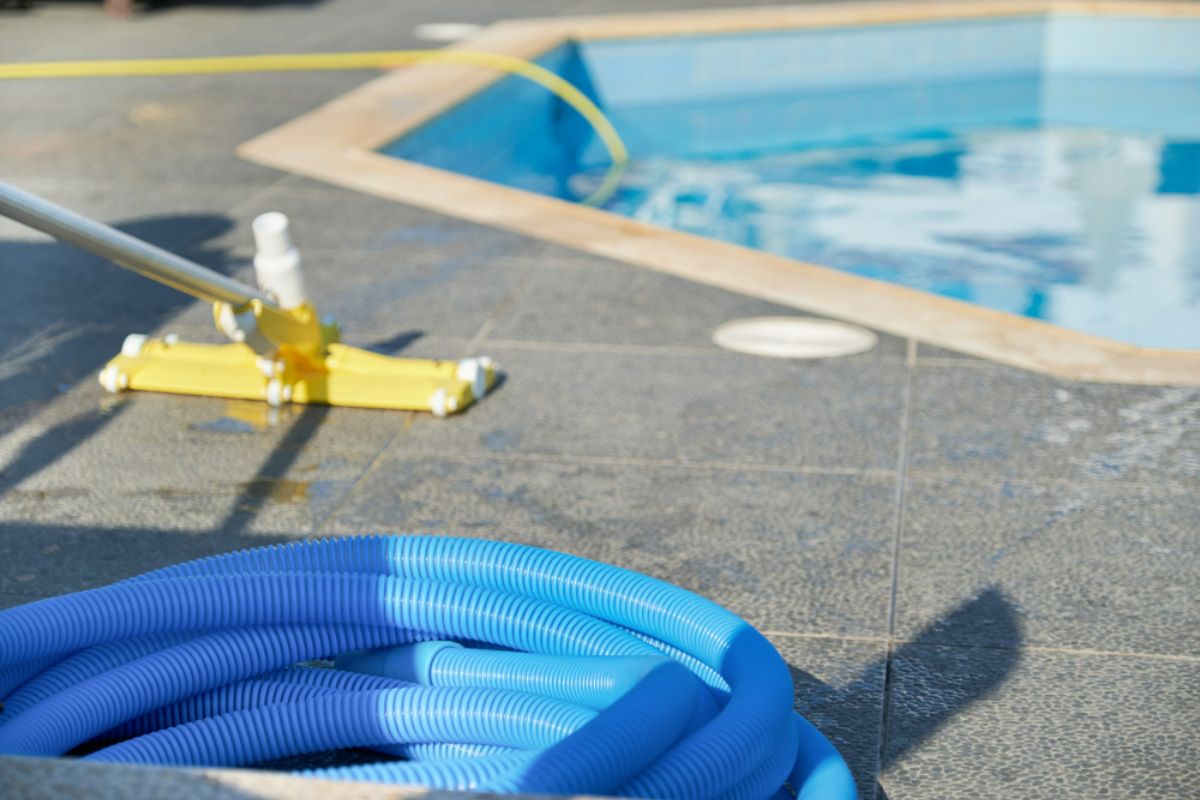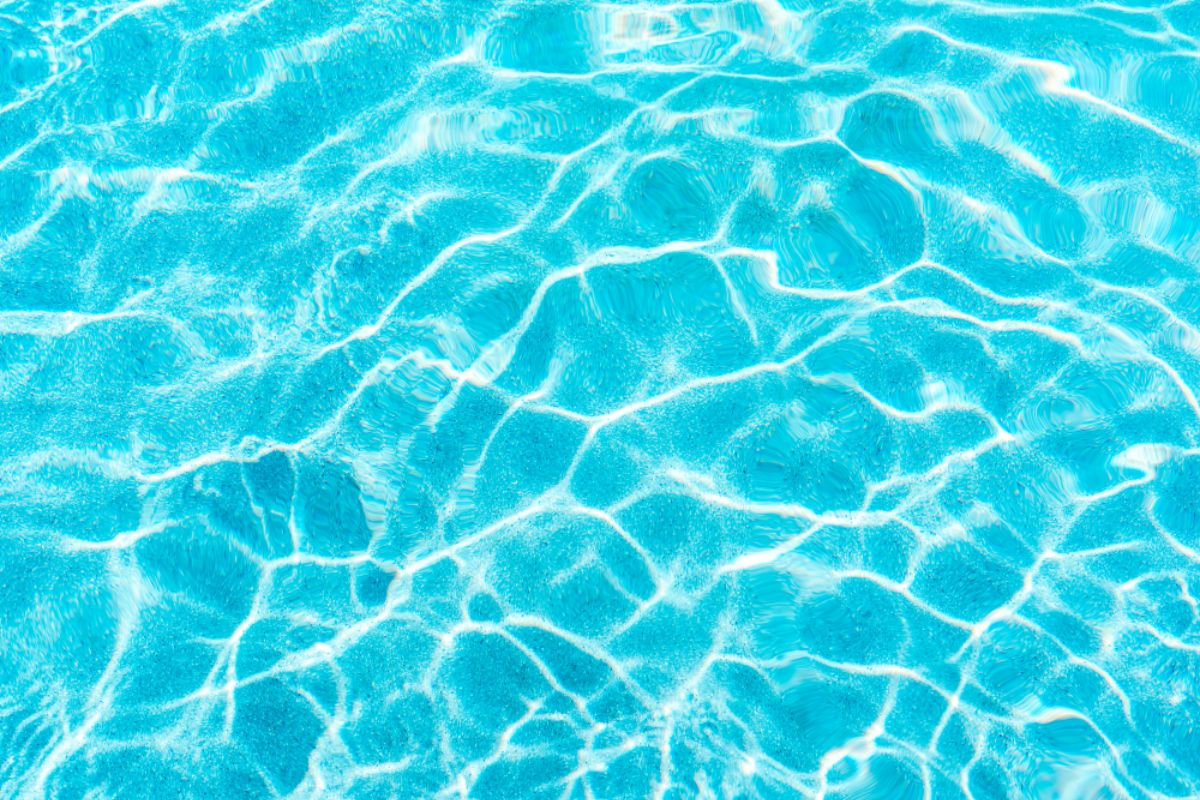What are the pros and cons of chlorine pools?
- Kills germs and bacteria
- Relatively easy maintenance
- Doesn’t affect the pool environment
- Requires standard pool equipment
- Needs weekly adjustments
Pools are made up of many essential parts (and chemicals) to keep their water clean and healthy. One of the biggest players in that system is chlorine.
Of the chlorine products out there, calcium hypochlorite (cal-hypo) is the sanitizer of choice for most pool owners. It’s not the only one you can use — salt water and bromine are possible choices for you, too.
But why is it that, despite other options, cal-hypo chlorine always comes out on top? Let’s take a look at the pros and cons of chlorine pools to see why:
The pros of a chlorine pool
Many pool owners opt to use chlorine to keep a well-maintained pool. But, you may be wondering what the benefits of using this pool chemical are. Here’s a helpful list of the good aspects of having a chlorine pool:
Kills germs and bacteria
Chlorine is a very effective sanitizer — more so than most other chemicals you can find on the market. It cleans up your pool water in a matter of minutes and does so through a simple chemical reaction.
When added to water, chlorine starts to break down into different chemicals. This includes hypochlorous acid (HOCl) and hypochlorite ion (OCl-). These chemicals, though weak against us humans, are very damaging for bacteria like salmonella and E. coli, virus-causing germs, and algae.
In this reaction, chlorine kills harmful microorganisms by attacking their cell walls — essentially rendering them dead and harmless.
Relatively easy maintenance
Chlorine is relatively easy to use, especially if you’re following the right guides to pool chemicals. Chlorine products are also easy to store and handle. Plus, they have a long shelf life, so you can buy them in bulk.
Being a popular pool chemical, it’s sold by many different pool maintenance and chemical suppliers — like Oktakem — so it’s incredibly easy to find and access. It’s also understood by a majority of pool service companies, so you can find help for your chlorine pool when needed.
Doesn’t affect the pool environment
As effective as chlorine systems can be, they won’t affect your pool equipment, lining, or surfaces at all.
This is a common problem for other systems, such as saltwater pools. Saltwater is corrosive to metal and natural stone, so it can eventually break down your pool without the right sealants.
In comparison, chlorine (in the right amount) does not cause major damage to common pool materials.
That said, too high chlorine levels can react to anything soft and brittle in your pool — such as your solar covers, pool liners, and pool covers. So, it’s best to remove these things when you need to adjust your chlorine levels, or shock the pool.
You generally won’t have to worry about replacing parts of your pool for a long time if you’re using cal-hypo as your sanitizer. Chlorine pools will also not affect any nearby pool furniture or structures in the way that other systems might. So, there’s no need to modify your existing pool setup!
Uses standard pool equipment
Another advantage to chlorine pools is that you can stick to using standard pool equipment. With other sanitization systems, you might need specialized pumps and filters to keep the pool clean and running.
However, chlorine pools are straightforward and the chemical itself can be added quite easily — no need for complex tools or adding procedures. All you need to do is pre-dissolve chlorine in a bucket of water, and pour the solution around the perimeter of the pool.
So, the initial costs of having a chlorine pool are much less expensive compared to others. And, you can perform DIY maintenance.
The cons of a chlorine pool
Though chlorine pools are the most popular ones you’ll find out there (and for many good reasons!) this system does have its disadvantages. Here’s what you should be aware of before investing in a chlorine pool:
Needs regular adjustments
Chlorine pools are not self-regulating — which means you have to check on them weekly. You’ll have to test your pool chemistry balances often and adjust as needed. And, when you do need to adjust your pool chemistry, you’ll have to measure and add this chemical carefully to avoid more pool problems.
Depending on the pool’s environment and how often you use it, you might be doing maintenance more often than you would with other kinds of pools. It generally requires more care and attention than some other systems.
Owners may also find maintaining a chlorine pool to be more cumbersome since you must perform weekly tasks such as checking the chemical balance, adding chlorine tablets, and “shocking” the pool.
Requires other pool chemicals
Chlorine pools don’t just need chlorine — they need a whole host of other pool chemicals, too. The chlorine’s performance depends on these other factors being balanced, so you’ll need to test and adjust for these chemicals regularly as well.
For example, chlorine loses its effectiveness if your pool water’s pH is 7.8 or higher — and to bring this down, you’ll need to add HCT dry acid to your pool. Chlorine also performs better with the help of a stabilizer like our cyanuric acid. Using this chemical prevents chlorine from evaporating in the sunlight, making it last longer in your pool.
That said, doing this extra maintenance can be done at the same time you’re testing and adjusting your chlorine levels. So, most pool owners find this con negligible.
Key Takeaway
The pros and cons of chlorine pools show that, overall, this system is easy, effective, and affordable for many pool owners. While it needs to be handled with care, and it does take some extra effort, chlorine is a great way of keeping your water sanitized
Interested in using chlorine for your pool? Get high-quality chlorine granules and tablets from Oktakem today! Order now from our official Shopee page, or contact us through these channels.











